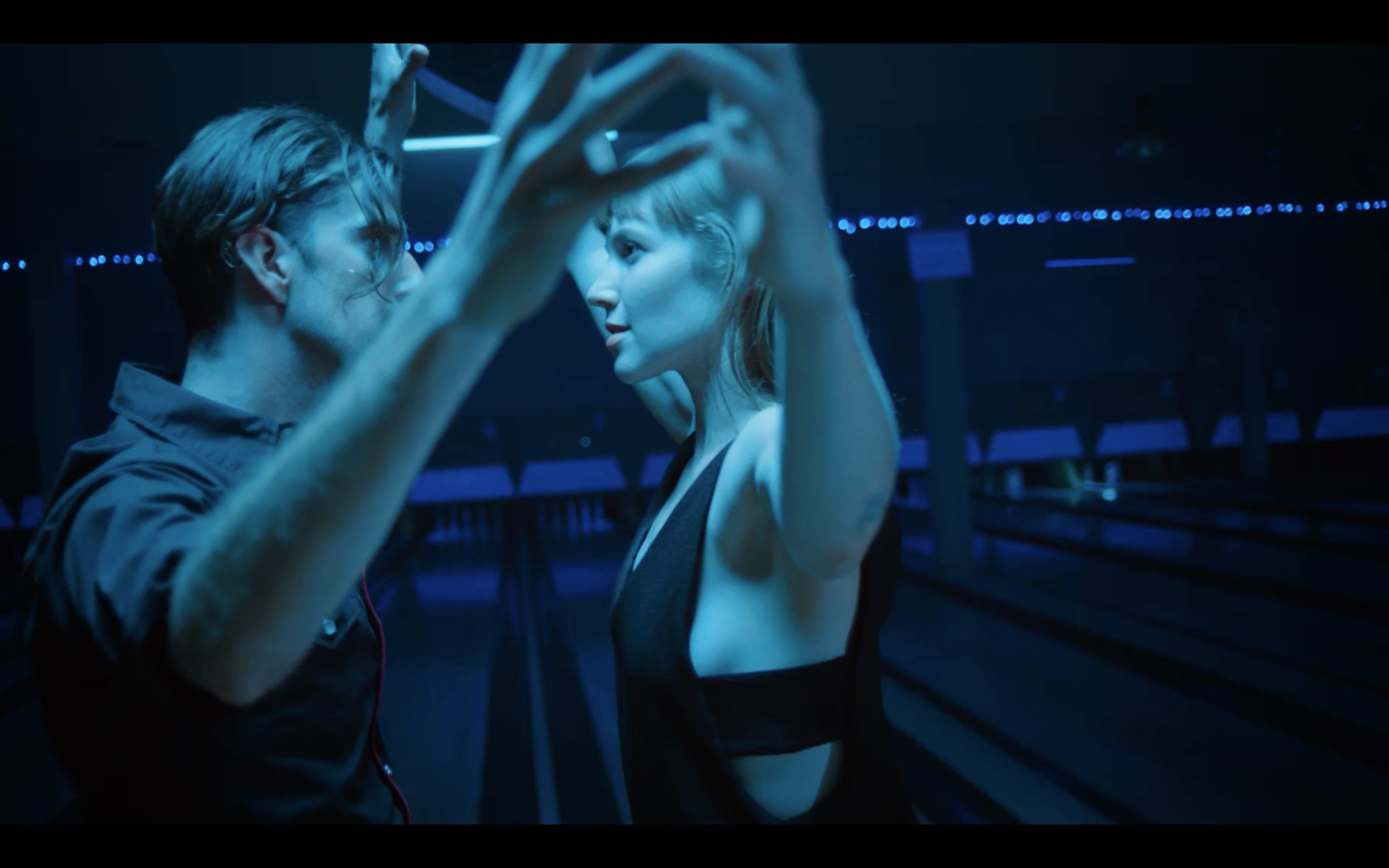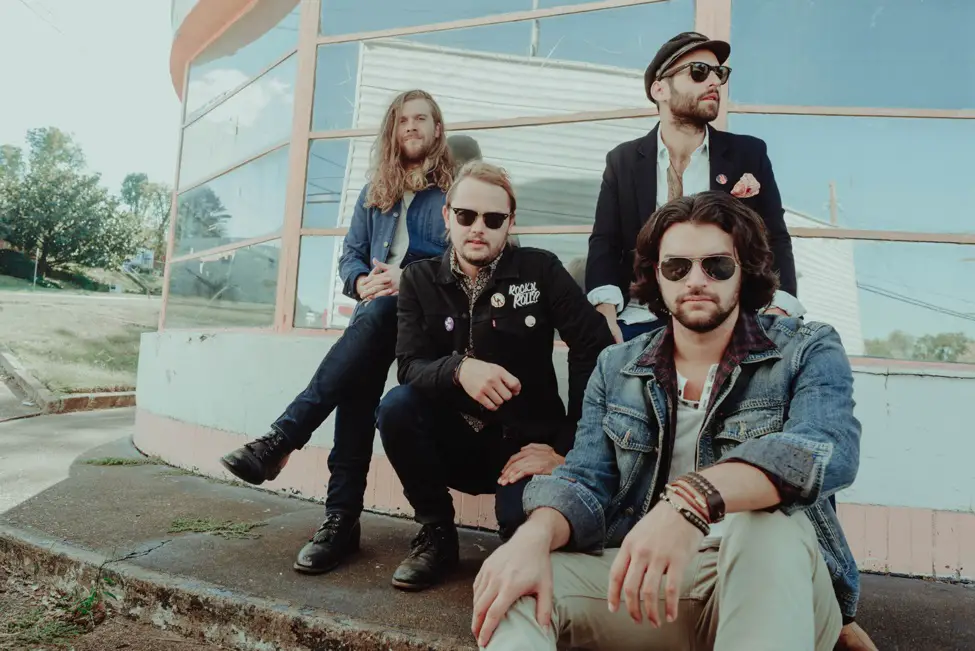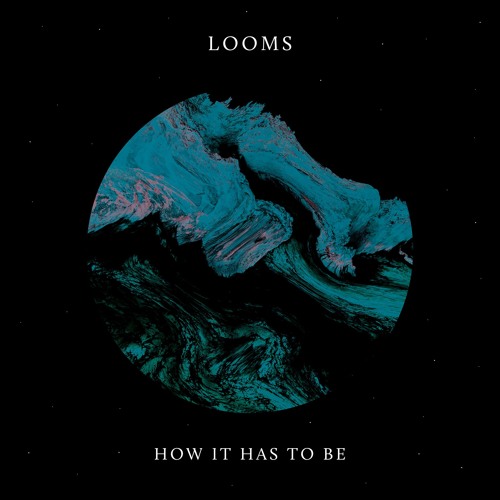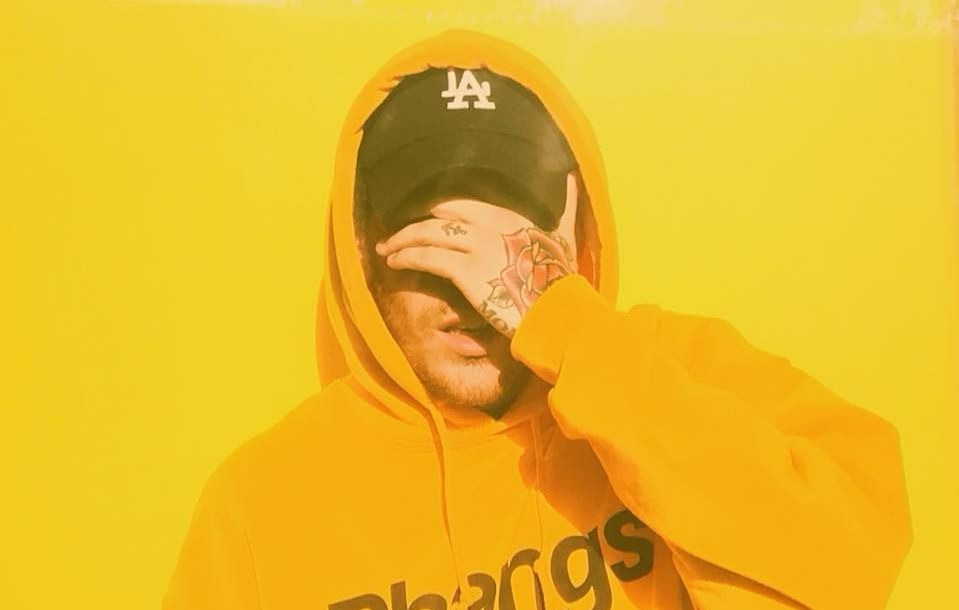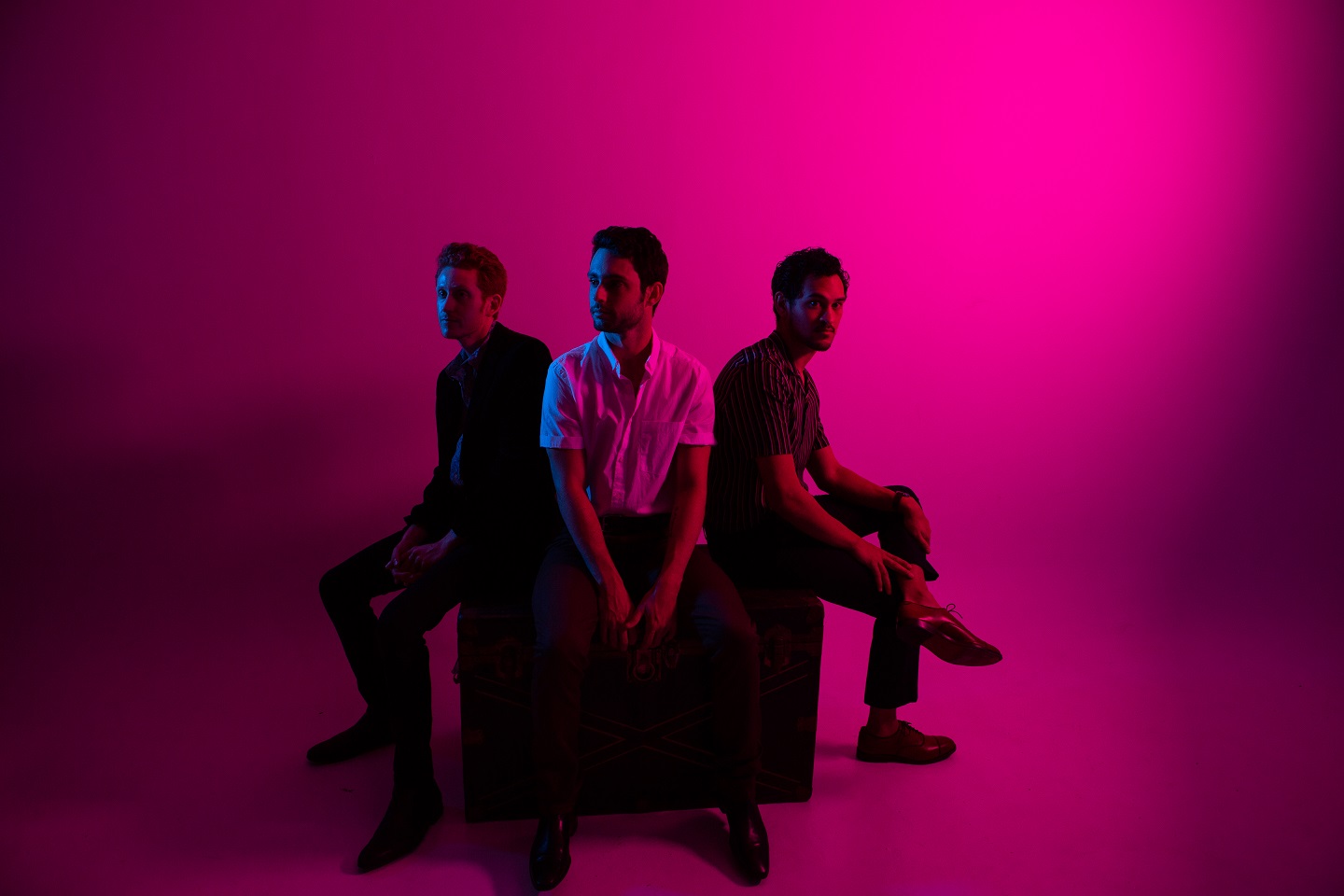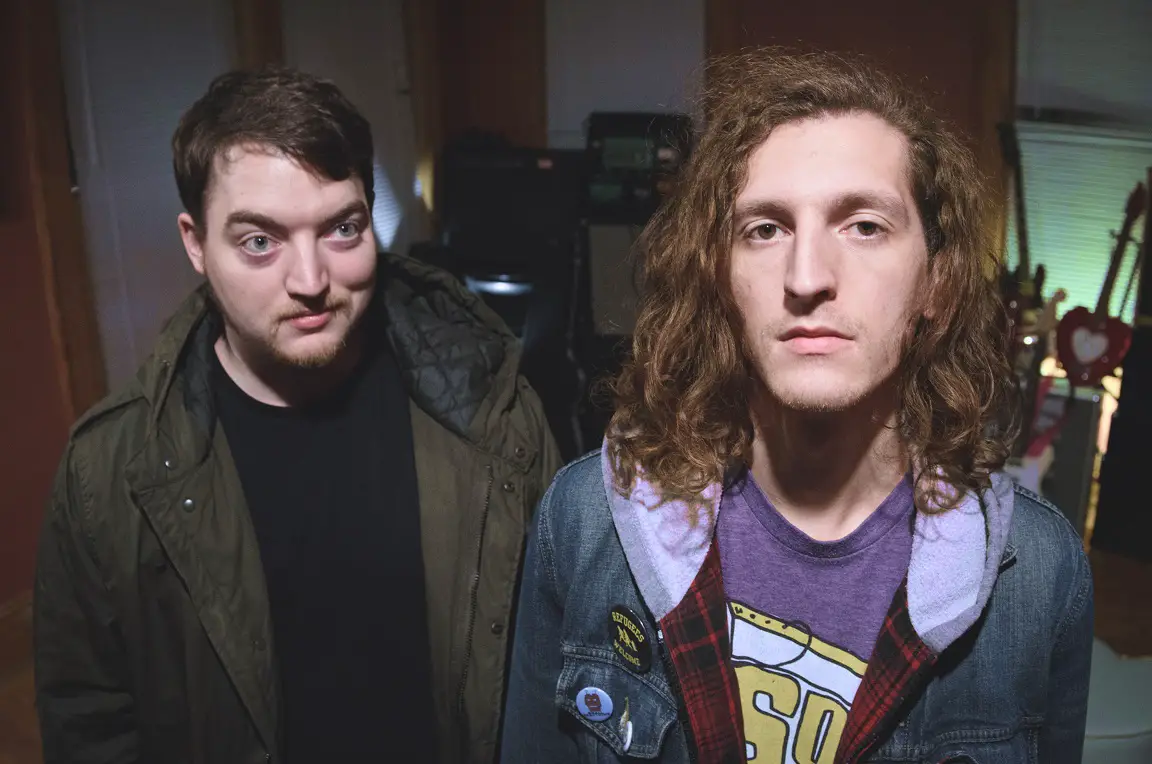Multi-hyphenate artist Jenny Owen Youngs’ album ‘Avalanche’ brings in listeners to bask in the warmth of life, learn what to do with an avalanche of feelings, and ask questions about the meanings of love, loss, and rebirth.
Stream: ‘Avalanche’ – Jenny Owen Youngs
Jenny Owen Youngs is no stranger to writing hits and her songwriting prowess is shown in the weaving of introspective storytelling of Avalanche.
Released September 22, 2023 via Yep Roc Records, Avalanche is an album that reminds the listener to take a moment and pause, to reflect, to reimagine what life could be if you were able to deal with these unexpected waves of impactful moments that come through inner reflection, grief, or the reemergence of new love. Along with the songwriting, the wonderful production quality is something that truly stands out on the album. The perfections and imperfections feel almost as those of a live album, capturing the honey-like calmness of a stage performance.
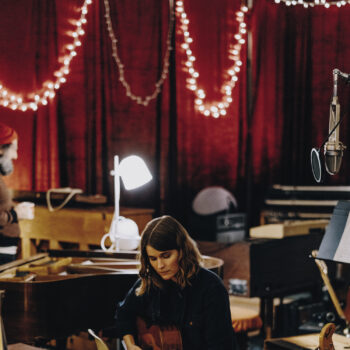
Hailing from the state of New Jersey, Jenny Owen Youngs is an artist who has toured the world, has writing credits on a billion-streamed song, and continues to try to push the needle in the singer-songwriter genre. They remind greatly of other powerful folk genre-bending singer/songwriters such as Faye Webster and Anaïs Mitchell, who create pieces you really enjoy sitting with.
On this new album, Jenny Owen Youngs takes a moment to reflect and ponder about what it means to say goodbye on songs like “Now Comes the Mystery” as well as continues to try to understand pieces of life that might not make as much sense in songs such as “Set It on Fire” and “Next Time Around.”
Avalanche is definitely worth a full mind, body, and soul’s listen. Jenny Owen Youngs recently sat with Atwood Magazine to talk about her new album, and give insight on the record and artistry outside her standard discography.
Stream: “It’s Later Than You Think” – Jenny Owen Youngs
A CONVERSATION WITH JENNY OWEN YOUNGS

Atwood Magazine: Thank you for sitting down to talk with Atwood today. Our first question is, what is your favorite venue that you’ve have toured at? A place that brings back a “I'm-so-excited-to-be-here” type of moment.
Jenny Owen Youngs: There is a venue in San Francisco that I played around like 2014. I was opening for a ska band called Streetlight Manifesto. I fell into this punk hardcore and ska realm by playing a collaborative tour called the Revival Tour that Chuck Reagan from Hot Water Music started curating around 2008. I had met Tomas Kalnoky who is the front front man of Streetlight Manifesto and he subsequently asked me to do dates with them a handful of times. It was always super fun because they have an incredibly warm audience.
We played in San Francisco at a venue called The Warfield, and I found out it was a place that the Grateful Dead had played often. There’s something about the room there that just feels like a ton of music has happened in it, as if the architecture had absorbed a lot of sound over the years. It had this very specific, warm, welcoming energy.
The actual show itself was so fun, and the audience was just right there. This doesn’t happen very often, but I broke a string in the middle of my set and I ended up talking with the audience while changing my string and felt like I was able to seamlessly get back into the set in a matter of a couple of minutes. It felt like everything went right.
It was the perfect room, perfect crowd, and the perfect band that I was opening for with a fantastic venue staff. It was a night that I will never forget.
After doing some research, I found you have two successful podcasts under your belt along with your discography! When writing songs for your podcast Buffering: A Rewatch Adventure did you have a similar approach to writing Avalanche?
Jenny Owen Youngs: I started making Buffering back in 2016 with my then wife, Kristen Russo, and I had been pushing her forever on on making a Buffy podcast. She said, “Oh, it’ll be so much work. Oh, we don’t have any time.” And, I finally got her on board. I also added, “what if we make a song for every single episode?” To which she replied, “That sounds like a nightmare. Let’s do it.”
I feel like I was 10,000 years younger when we started, not only because of the passage of time, but also by the end we had made around 160 songs and it felt like a lot of music to generate in six years or seven years. It started out pretty simple, I thought initially we would do guitar vocal thing and leave it at that, but the more we did, the more I asked, “what if we made this song chasing this marching band sound?” We got more and more into the arrangement and production, and it turned out to be the first thing I was really producing and mixing myself. I had produced a little bit here and there for myself, but it was really the first time I got really deep into production and arrangement.
It wasn’t ideal in that we were working on a one to two week turnaround for every single song, but it was ideal in that there were no limits or boundaries. I wasn’t trying to make it sound like a song that fit in my existing catalog necessarily so, we had a lot of a lot of fun making that music.
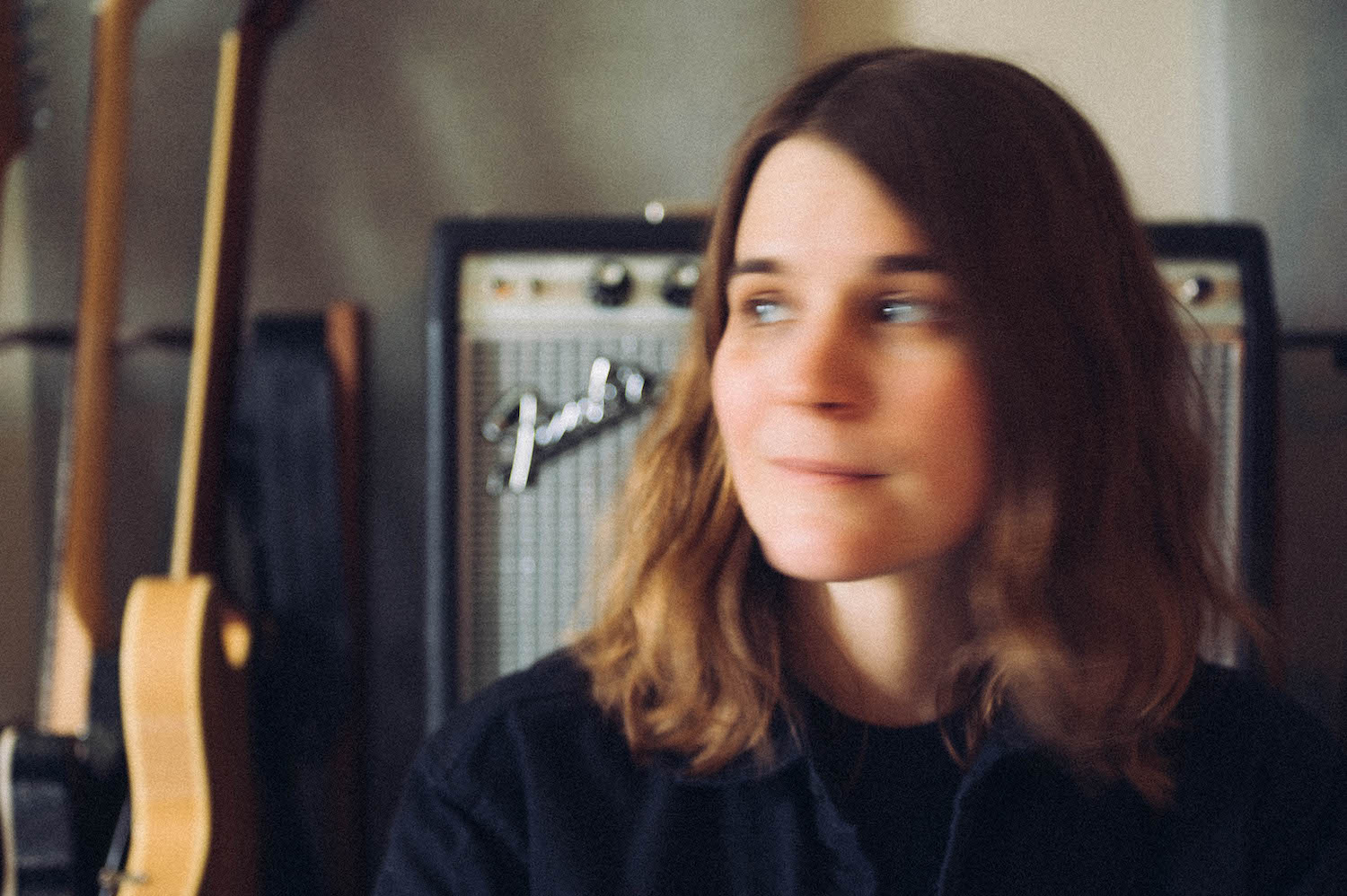
Moving into a deep dive discussion on Avalanche, what are three words that come to mind when you think of your newest album and why?
Jenny Owen Youngs: The three words that I think of are love, loss, and rebirth or transformation or reemergence, one of those in the final slot.
A follow-up question on this is, why the term of rebirth?
Jenny Owen Youngs: The last time I put out a proper slow-length album, I feel like I was a completely different person. I have made some EPs, I made an instrumental album, and I wrote 160 Buffies. All of those things are true, and I am in all of those things, but I still think about artistic statements as cornerstones or the pillars of my body of work. So, it meant a lot when it became clear to me that it was time to make a record again, it meant a lot to me that it felt like a cohesive thing, you know?
And conveniently, I had managed to live a bunch of life since the last time I created a record. I was ready to go with songs of divorce, falling in love again, remarriage, death, and the sort of relitigation of various instances of childhood memories. I just had a lot of ingredients lined up next to the cauldron.
So, I think that it’s maybe a little easy for me to look at this record as feeling like a reemergence or a new beginning because so much has elapsed for me personally since the last time I made a record. I feel like a completely, completely different person.
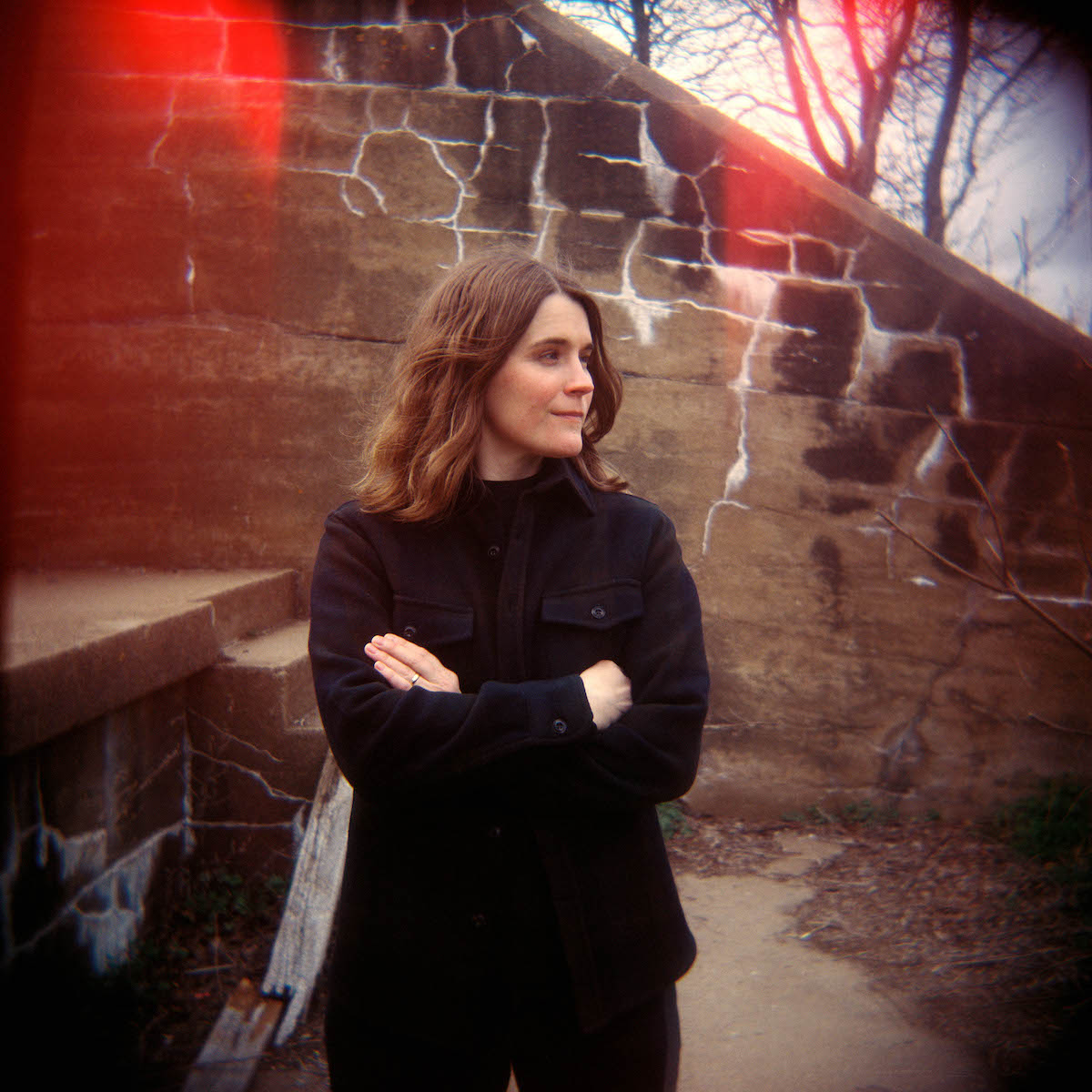
I wanted to ask about what your process was with writing Avalanche. So you're going through these heavy themes that you've cultivated over the last ten plus years and now you say “Okay, it's time to write a record.” Can you take me through what that process looked like for you this time?
After I put out my last record, I moved to Los Angeles where I lived for five years. The main purpose of me moving there was to really immerse myself in the world of co-writing with and for other artists, and to pitch for film and television. This process of getting into that world involves a lot of blind dates, a lot of meeting people, many, “Hello nice to meet you, what are your recent emotional woes?” As I did more, and more, and more of that kind of writing, I started to build a network of people I knew and really gelled with creatively.
Periodically, once in a while if I was in session with one of those people I would say, “Do you want to try writing something for me? I’m gonna make a record at some point, and I’m just slowly, casually, with no sense of pressure right now, accumulating songs.”
The songs “Bury Me Slowly,” “Goldenrod,” and “Next Time Around,” I wrote all right after unwavering band of life and living in New York, so I consider them New York songs. When I moved to LA, the rest of the songs on the record are songs I wrote with people that I met in Los Angeles, Nashville, or that I had already been writing with from New York and they all drifted up in over time. I had around 30 something songs I had stacked up and when it came time to make the record.
When I was recording the album I was working with a producer named Josh Kaufman, who is amazing.
I saw the production credit from a member of the group Bonny Light Horseman, which is such a great band. 10 out of 10. When I saw Josh’s name on the album, I knew this was going to be a solid record.
Jenny Owen Youngs: Yeah! If you have you ever get the chance to see Bonny Light Horseman in person, it is so stunning, they’re just so amazing.
When I was in the studio with Josh, we took it a song at a time and after we’d done maybe seven songs, he said, “Okay, we’ve done the first seven songs that were Jenny priorities, now play me another song you might want to do.” I played him one and he said, “play me another one.” I played him five songs like that.
He was like, “Okay, I think the next one is like this,” and said, “Perfect. I’m glad you can hear these songs that have been right in front of my nose for months or years.” His objective ears were saying we need the next song to record right now that doesn’t feel like any of the other songs that we’ve recorded.
We selected the last few songs from the album that way by poking around at what was left in the pile that I had accumulated and finding the ones that felt different. It is great being able to get that other perspective.
What was your favorite “Aha” moment when creating your album?
Jenny Owen Youngs: Okay, I think the biggest “aha” moment that will stay with me for the rest of my recording life was when we first started really laying something down the first day. The first song, which was the title track Avalanche, Josh had me play the song a couple of times.
While he was playing along with me and absorbing the form of the song, I was like, “This seems very casual. We’re just messing around and figuring it out.” I come from the school of recording where you have a click track, you put down a guitar, then you put down something on top of that, and maybe there’s a scratch vocal early on that gets replaced by a real vocal later. Very layered recording.
After we played the song through together two or three times, Josh says, “Cool. So we’ll just start recording,” and he didn’t move and didn’t indicate that I should do anything differently. I said, “What do you mean? What do you mean start recording? I’m singing and playing guitar at the same time and you’re also playing an electric guitar right across from me. What about the really intense sound isolation for mixing purposes and the possibility of remixing the song later?” All these things that had, over time, worked there into my brain about don’t forget to do ‘this’ to maximize all of the possibilities later.
Josh said, “Well, you know, let’s just like play the song.” I’ve always been like oh, I need to really focus on this one thing and then really focused on this other thing. He followed up that, “Yeah, you know, I’ve like done some recording where we like recorded a song like really perfectly, but then it was…perfect.” And I realized, “Oh my God. That’s so correct.” It’s not a thing you think to apply to your own music, but when I’m listening to music that I love, often I find myself drawn to a slightly scrappier, not expertly mixed live version or an acoustic demo. There’s something in those performances that captures you, even though they’re not the sort of textbook perfectly executed recording.
It’s Josh’s mission, above all else to capture, I think, ‘the feeling’, which is so funny to me. That’s why we love music because of how it makes you feel. But, it’s one of the first things to go once you start becoming preoccupied with the technical aspects. It’s so easy to lose track of that. So I really cherish his ability to be focused on that and value it above all else.
So, that was my “aha” moment that maybe something not being perfect could yield something more exciting, or more memorable, or more special.
Tell me about your inspiration for the cover. Art of Avalanche, because you know, everyone associates avalanche with snow, and you have this very warm cover art to go with it. What was your inspiration for this?
Jenny Owen Youngs: I initially had thought of something snowy and mountainous. I have a friend who’s a visual artist who had like recently been on this retreat that pairs scientists and artists together on a ship that goes to the Arctic. She had come back with all of these beautiful photographs and I said, “Oh, maybe that would be the ticket!” However, I started looking at them, and I wasn’t exactly sure that it was like the right fit.
I was talking with Josh Kaufman about the cover, art and he said, “What about the photographer who came to the studio for one of the days that we were recording?” The photographer’s name was Josh Goleman, and he had captured these really warm lovely photographs that I had liked.
It hadn’t occurred to me because of the juxtaposition of the warmth of the photos, and I guess the colds I associate with avalanches, but the thing that really like brought those photographs into the running was thinking about the sonic quality of the album. The album feels extremely warm, it is deliberate.
In the studio there was this incredible collection of instruments, and they’re arranged in such a way to sort of just like facilitate you like picking them up if you’re inspired, and where I’m sitting, I’m in front of a piano where you can see some other keyboards and some softly glowing lamps. Josh had these string lights and there are other instruments scattered around the edges, or pushing up towards me.
This felt like an avalanche of studio to me, the way how everything is populating the frame. All these elements of sound making. This is exactly like what the record feels like to me. When we found that image, which I love so much, it feels so much like the record.
With the last track on the album ‘Now Comes the Mystery,’ can you tell us the story behind creating this song and why you chose it as the last track?
Jenny Owen Youngs: I wrote this song with a guy named S. Carey, who’s just a really wonderful artist and writer. We had a Zoom writing session together and I had had a family member pass away somewhat recently. It was just really on my mind and so I asked him if he would try to write a song about that with me. I had it in my mind for a long while, I wanted to write a song, the title of which would be, Now Comes the Mystery.
Forgive me if I’m quote explaining but the phrase comes from the last words of a man whose name I believe was Henry Ward Beecher. He was a pastor or preacher, some of some type and he was buried in Greenwood Cemetery, which I lived around the corner from when in Brooklyn. It’s around the same size as Prospect Park, it contains multiple ponds, and there are like herons, frogs, and turtles. It’s really magical, which maybe a weird way to describe a cemetery. But, it is a place I went a lot, I walked there most days because it feels like you’re not in New York City, which is sometimes a feeling that you really need when you are in New York City.
So, Henry Ward Beecher was was buried there and his name is on the pamphlet that they give you when you’re a visitor. His name was was on my brain when I was at the Strand, a legendary bookshop in New York, and I was milling about in the basement in the weird books section. I found this book called Last Words, and started flipping through it and I happened upon the last words of Henry Ward Beecher. Which were, “Now comes the mystery.”
That is what this man said before he crossed over the threshold into whatever comes next. and it stayed with me forever, and I knew that I wanted to explore this in a song at some point.
However, the right song wasn’t in me until this loss in my family and I thought, well, this is how I wanna say goodbye. I want to also say that I don’t understand the why because we’re not really meant to understand just yet. So that is what the song is about, what the song is for, and this is the point at which I have to ask.
Thank you for your explanation, can I ask why you chose it as the last track?
Jenny Owen Youngs: I think similar to what the song is for, the placement of the song is also to say goodbye, like death is in some ways like the ultimate closure. And then it’s also like the ultimate untiable bow until I die. I’m not getting any answers so it it felt like a fitting way to close the record both to say, this is the end, but also to say “until next time”. Anything is possible in the infinity of existence.
After Avalanche, what can fans look forward to from you?
Jenny Owen Youngs: My hope is to make another record, and for it to come out much sooner than 10 years from now. That is, those are the broad strokes of my grand plan.
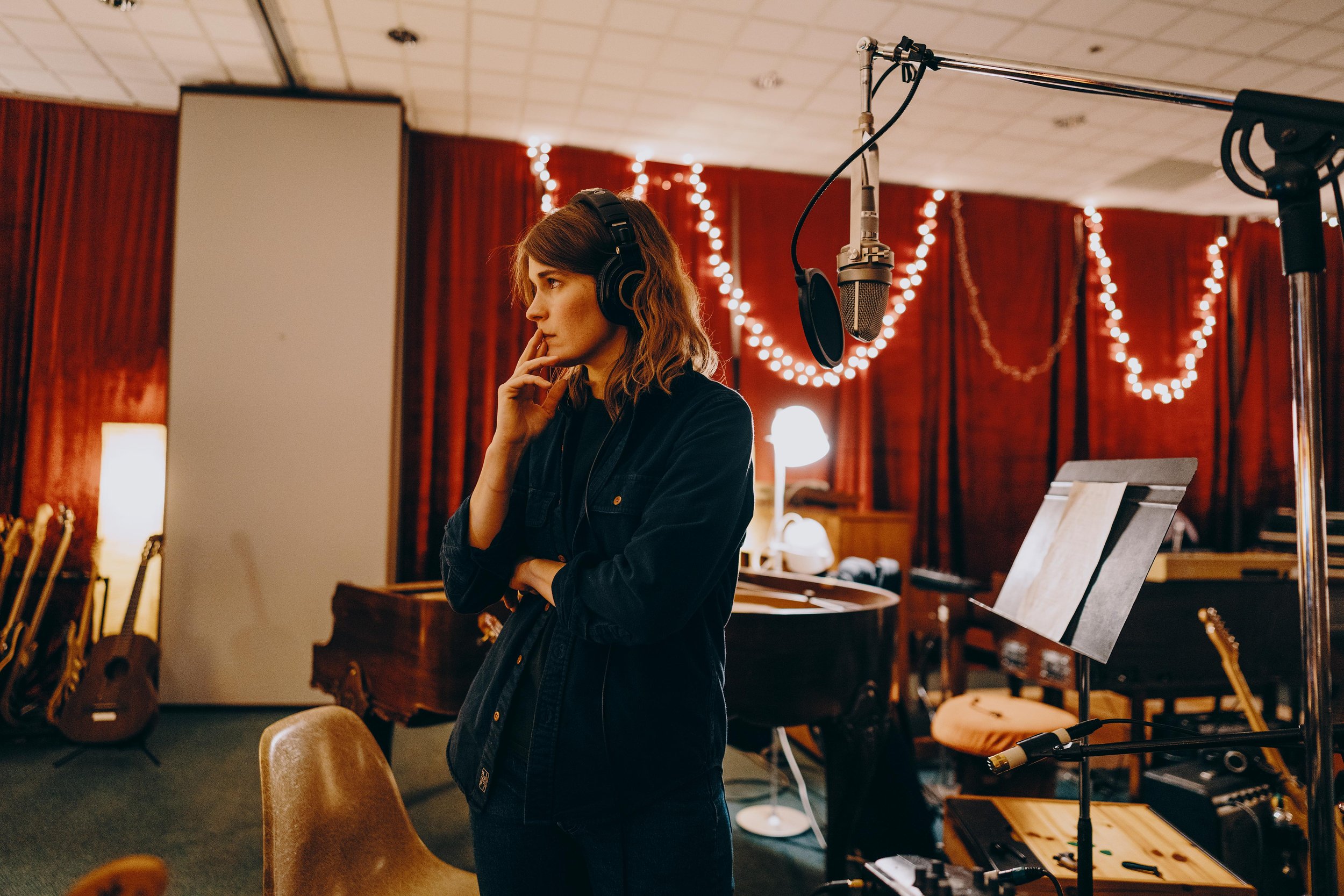
What do you want the audience to take away from the most after listening to your album?
Jenny Owen Youngs: My greatest hope would be that someone would listen to the record, feel something, and want to listen to it again. I hope somebody listening to this record would feel better because of it. That would be so cool.
I hope they take away a better feeling than they come in with. Whether your mood is elevated because you just like bopped your head for a little while; music is just good, I think for us, on a cellular level. Or, if you heard something in a lyric that felt true to you, felt like it resonated with you in some way, gave you some kind of perspective, validation, or something you didn’t have before, that would be awesome.
* * *
It was a pleasure to speak with Jenny Owen Youngs, and we highly recommend adding this album to your “fresh finds” playlist of 2024. For more information on upcoming tour dates or how to stream Avalanche, please visit jennyowenyoungs.com!
— —
:: stream/purchase Avalanche here ::
:: connect with Jenny Owen Youngs here ::
Stream: “Everglades” – Jenny Owen Youngs
— — — —

Connect to Jenny Owen Youngs on
Facebook, Twitter, TikTok, Instagram
Discover new music on Atwood Magazine
© Josh Goleman
Avalanche
an album by Jenny Owen Youngs


 © Josh Goleman
© Josh Goleman